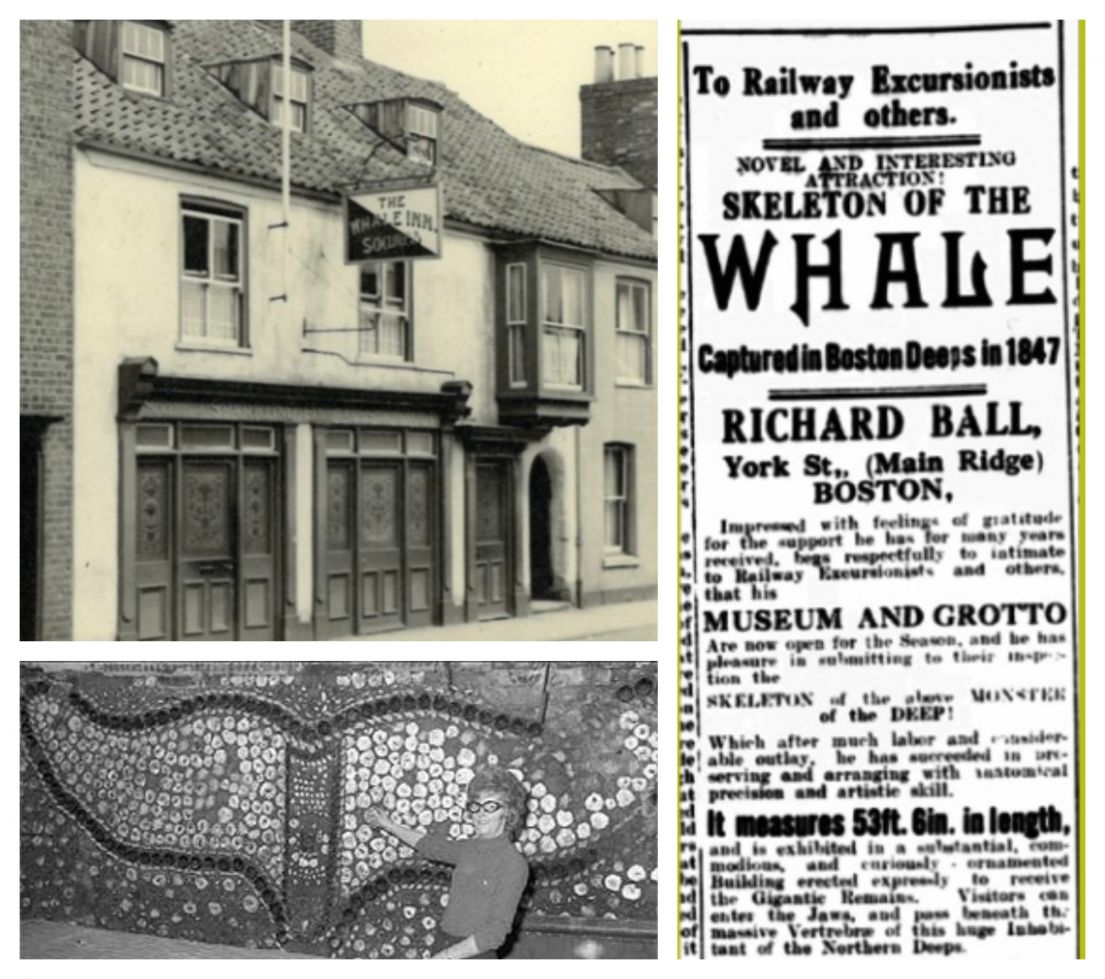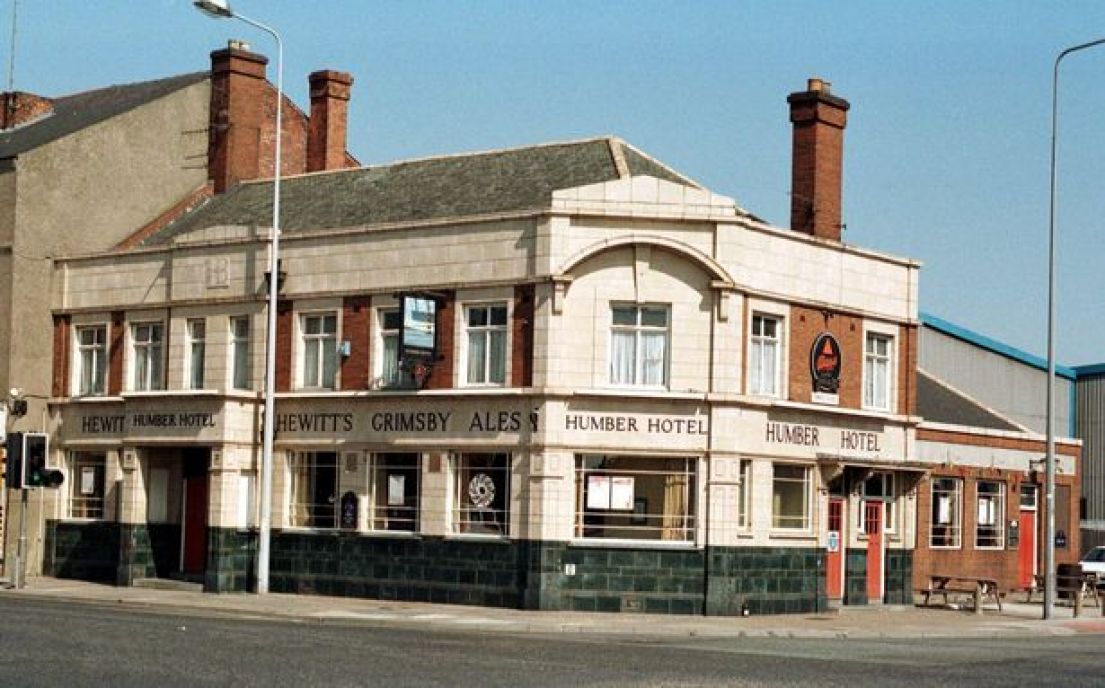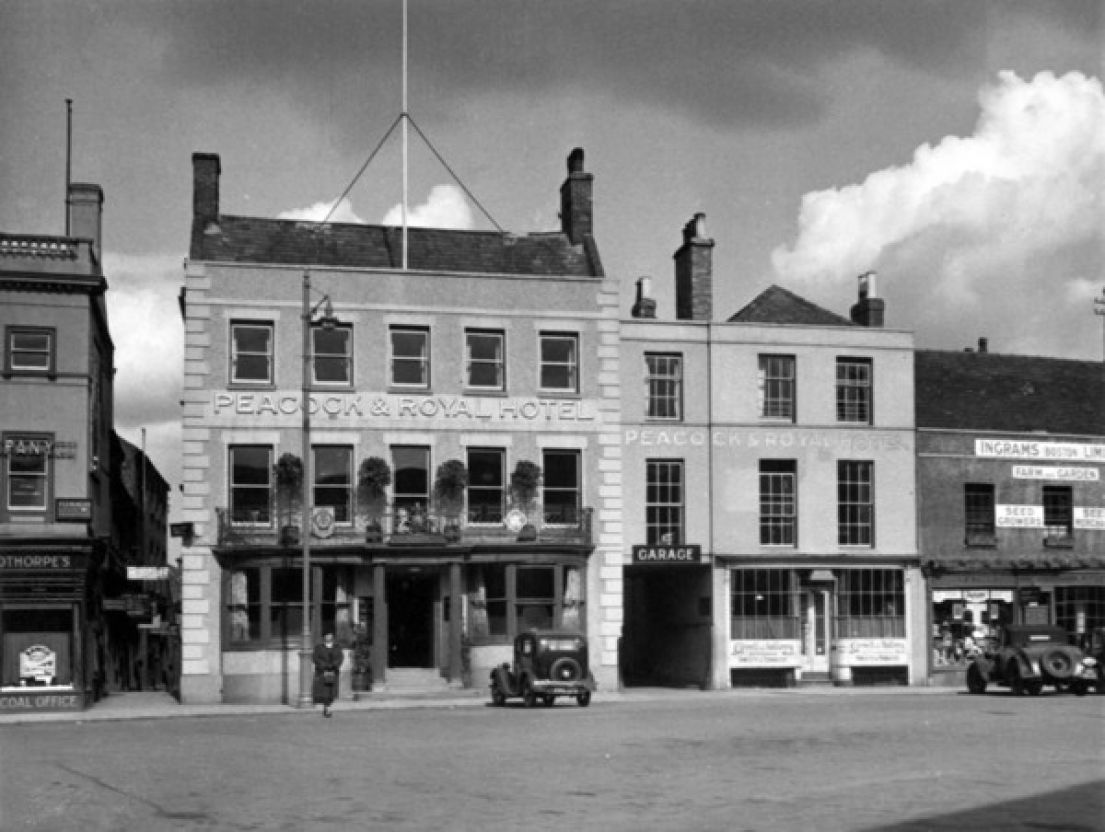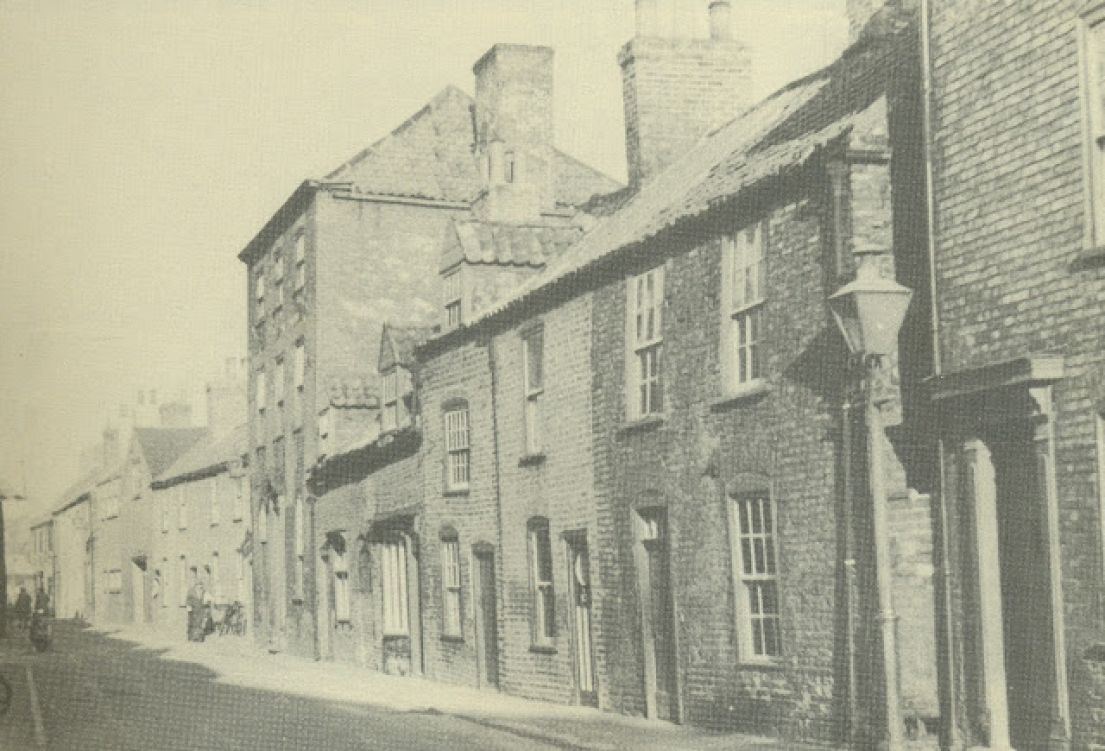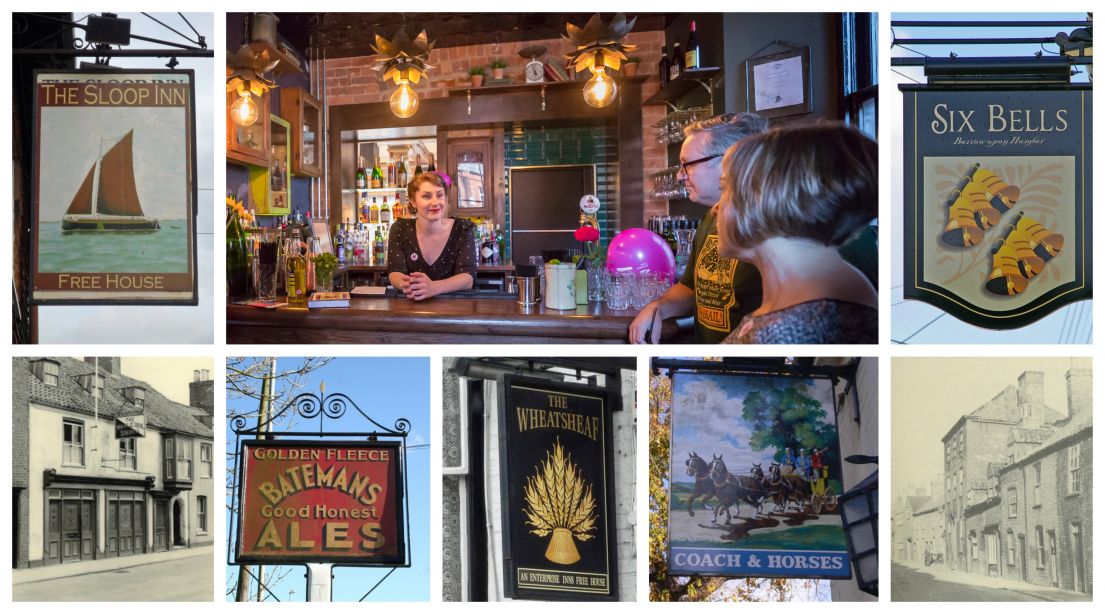
Lincolnshire County Council's new project, 'Inns on the Edge', is celebrating the heritage of pubs along the much-loved Lincolnshire Coast. So I've been visiting pubs from Boston to Grimsby to uncover their stories and history, whilst making a record of their current use and condition. I'm also speaking to landlords and locals to encourage them to record their memories of these historic buildings, which are rich in social history, but may have never been written down.

